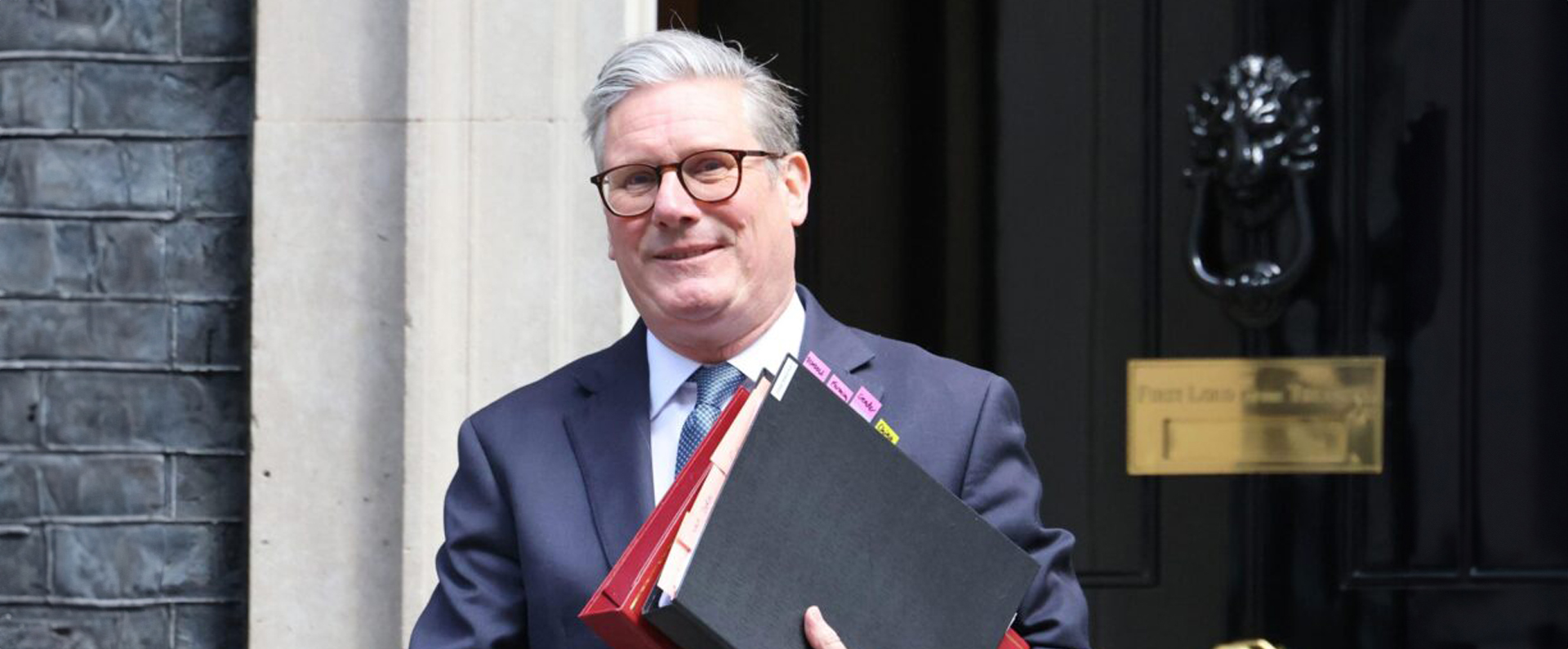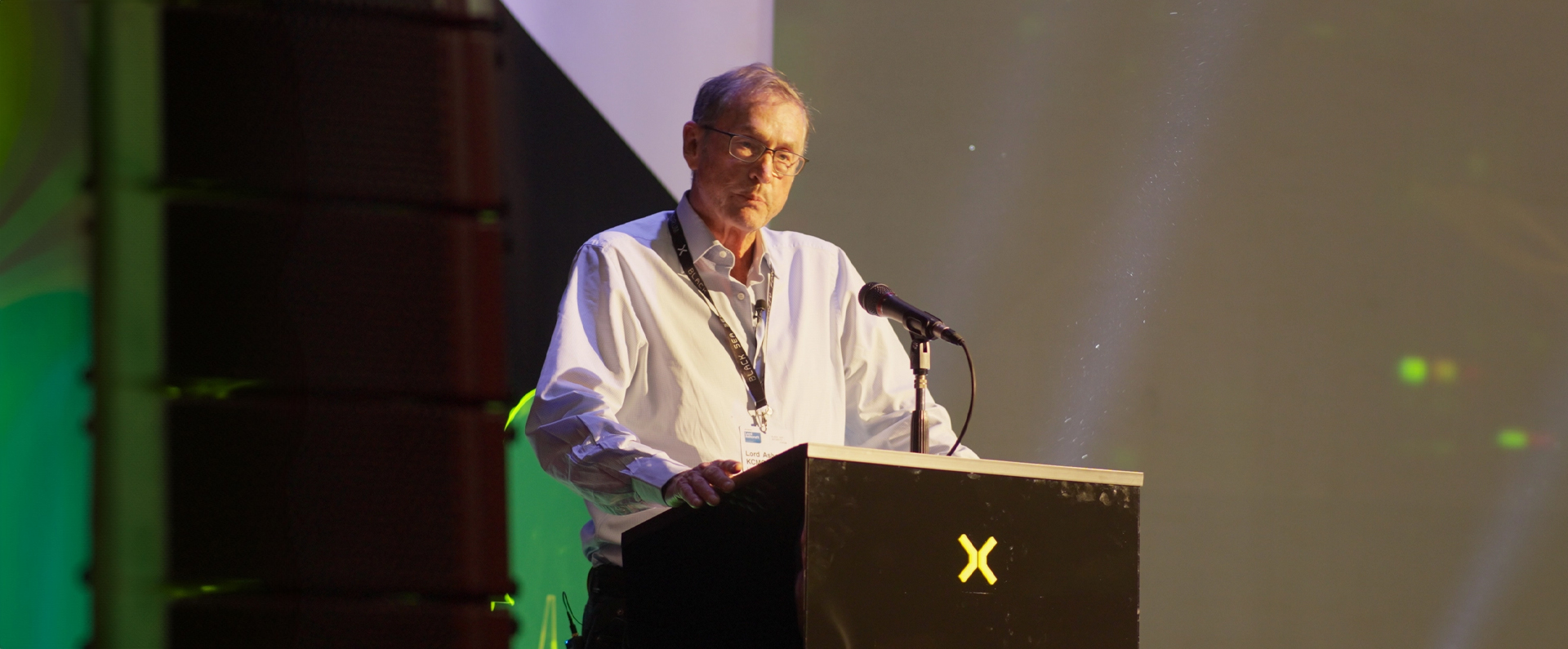
Published in the Kyiv Post on 02 June 2025.
Western partners should take note of Ukraine’s innovation and initiative. Kyiv knows that the most effective way of dealing with Moscow is to take the fight to them.
Last week, I returned to Odesa to support and attend the Black Sea Security Forum – one of the few international gatherings taking place close to the active front lines of Europe’s largest war in a generation.
Odesa, with its unique character and layered history, is now a linchpin in Ukraine’s resistance. It serves as the country’s primary operational seaport – a critical artery for exports and a gateway to the world. But it is also a frontline city, living under the constant shadow of missile strikes and naval threats.
Since Russia’s annexation of Crimea, the Black Sea has transformed from a regional maritime space into a theatre of global consequence. What happens here affects global food prices, energy security, and the credibility of the international rules-based order. That’s why I applaud all those – government leaders, military experts, civil society voices – who made the effort to come here in person and grapple with these challenges head-on.
President Trump must now send an unmistakable message to Vladimir Putin: the United States does not reward aggression, and it will not tolerate the redrawing of borders by force.
Over the past few days, one message has come through loud and clear: Ukraine is not just holding the line – it is reshaping how modern warfare is fought at sea. In the face of overwhelming odds and without a traditional navy, Ukraine has managed to disrupt and degrade a much larger naval force through bold thinking and technological innovation. The deployment of unmanned maritime systems, many developed indigenously, has changed the calculus in the Black Sea and inspired military planners across NATO and beyond.
These are not speculative ideas – they are battlefield realities. We’ve now seen Ukrainian sea drones carry out successful attacks on Russian warships, force the enemy fleet into retreat, and even, in one extraordinary case, contribute to downing a Russian fighter jet. These developments are not only tactically significant, but strategically transformative. The very concept of sea power is being rewritten by a nation fighting for its survival.
The United Kingdom and our allies would do well to pay attention. With our naval traditions, we sometimes assume that innovation flows one way – from west to east. But today, it is Ukraine that is setting precedents. The lessons learned here, in the crucible of war, will shape how the free world prepares for future maritime and hybrid threats.
This is my 12th visit to Ukraine since the full-scale invasion in 2022. I have seen the grit of frontline communities, the resourcefulness of soldiers and engineers, and the unshaken will of a people who refuse to bend. Yes, Kyiv remains the center of political gravity. But to understand Ukraine’s fight – and the urgency of our support – one must come to places like Odesa.
History will not look kindly on hesitation.
The next phase of this war will be as much about diplomacy as about defense. As calls grow for negotiations with Russia, let us be clear: any peace must be just, not merely convenient. It must guarantee Ukraine’s sovereignty, territorial integrity, and freedom to choose its alliances – without coercion or compromise.
For that to happen, the West must stand firm. President Trump must now send an unmistakable message to Vladimir Putin: the United States does not reward aggression, and it will not tolerate the redrawing of borders by force. The clearest way to demonstrate that resolve is by backing the Sanctioning Russia Bill – legislation that would strike at the heart of Russia’s war economy and deprive the Kremlin of the resources it needs to continue its assault on Ukraine.
Europe, too, must raise its game. The time for handwringing is over. We need a clearly defined coalition of the willing – countries ready not just to support Ukraine rhetorically, but to sustain and expand their commitments, whether through military aid, intelligence sharing, defense production, or reconstruction finance.
This is not just about Ukraine. It is about ensuring that tyrants cannot wait out democracies.
History will not look kindly on hesitation. The battle for Ukraine’s future is the battle for the future of international order itself. And that is a fight none of us can afford to walk away from.
Read this article on:
KyivPost.com


